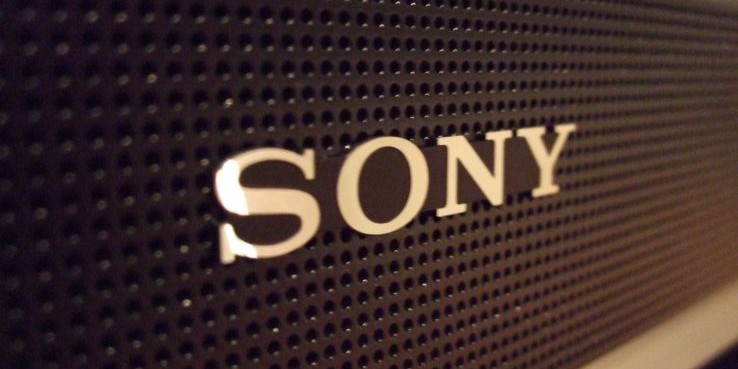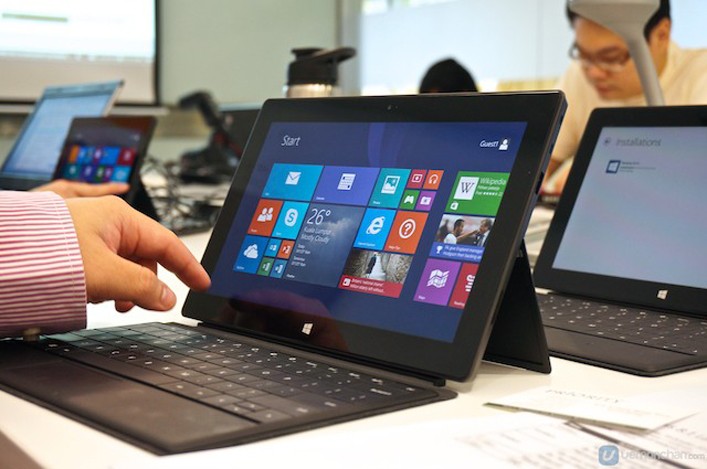In a fresh incident related to the recent devastating cyber attack on Sony Pictures, the hackers involved have now threatened to target a U.S. news Media agency, as per a FBI bulletin obtained by The Intercept.
As per a joint bulletin, issued by the U.S. Department for Homeland Security and the FBI, the hacker group “Guardians of Peace” has now threatened to target an unnamed U.S. based media house. The bulletin says that the attack “may extend to other such organizations in the near future“.
FBI, in its bulletin mentions,
The Joint Intelligence Bureau (JIB) intends to provide information on the late-November cyber intrusion targeting USPER 1. Additionally, these threats have extended to USPER 2-a news media organisation-and may extend to other such organisations in the near future.
USPER 1 and USPER 2 represents Sony and an unnamed News Organisation respectively.
The bulletin had been issued on December 24 and is a ‘Non-Classified’ document for Official Use only. Titled as “November 2014 Cyber Intrusion on USPER 1 and Related Threats”, the bulletin goes in detail regarding the events that unfolded during the Sony Pictures cyber attack.
Though no news media organisation has been specifically mentioned in the bulletin, many analysts are considering the possibility of an attack on CNN, considering this message, which Guardians of Peace posted on PasteBin (the message is still available on Google’s cache, as pointed out by Sarah Perez at TechCrunch ) :
The result of investigation by CNN is so excellent that you might have seen what we were doing with your own eyes.
We congratulate you success. CNN is the BEST in the world.
You will find the gift for CNN at the following address. https://www.youtube.com/watch?v=hiRacdl02w4
The message, towards the end, reads as “You have 24 hours to give us the Wolf.”, which is probably referring to CNN anchor Wolf Blitzer as investigated by Matthew Keys at The Desk.
The attack carried out by Guardians of Peace stole some 100 terabytes of data, as mentioned by FBI in their bulletin. The hacker group then periodically leaked that data on various web services, which exposed out some ‘interesting’ conversations between Sony executives and others.
However, many have believed that the attack wasn’t sophisticated, and in fact it was Sony’s technical infrastructure which was poorly protected. Many of the leaked sensitive data was found wide open, put in ordinary excel sheets and pdf files, thus making it extremely easy for hackers to get into the system and steal relevant data.
The FBI had later blamed North Korea for the attack, which later categorically denied those allegations and threatened the U.S. Government of serious implications, if it did not form a Joint investigation team with North Korea to investigate the intrusion.
IMAGE: JAMIE MCCALL / FLICKR / CREATIVE COMMONS LICENSE 2.0
The Tech Portal is published by Blue Box Media Private Limited. Our investors have no influence over our reporting. Read our full Ownership and Funding Disclosure →







